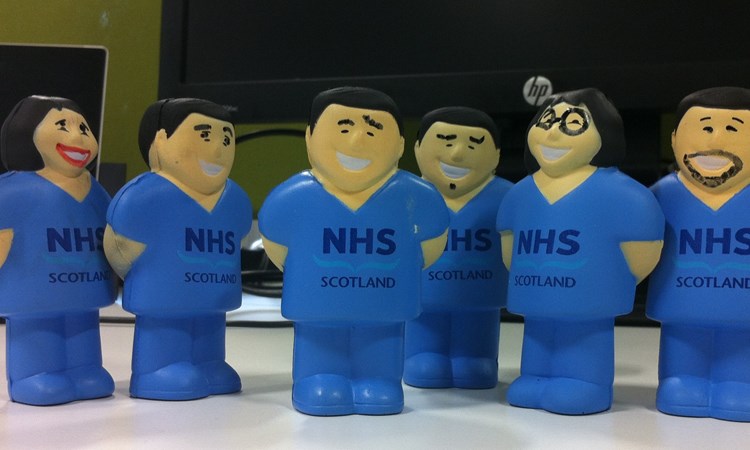Professionalism

Professionalism
People are gloriously complicated and how we interact with others is a vital and rewarding aspect of our career. Professionalism is a core value within medicine encompassing principles, values, and standards of behaviour expected of all doctors (General Medical Council, Good Medical Practice, 2024). The Professional standards - GMC offers a range of practical and relevant learning resources that may be helpful.
Beyond developing and maintaining our clinical competence, we all have a responsibility to contribute to a positive working environment and to treat others with kindness, courtesy and respect. This requires us to ensure we are equipped with the appropriate skills in communication, reflection, organisation and leadership.
Resident doctors in training will be familiar with the principles of professionalism. However, its importance and specific relevance may evolve throughout training as roles and responsibilities mature. Understanding and meeting expectations around professionalism can at times be challenging, particularly when someone is facing additional stressors or adverse circumstances.
It can be difficult to discuss some of these so-called softer skills when things are not going so well, and for both trainer and learner, it may be difficult to pin down precisely how and why things are going wrong.
It is common for our team to receive enquiries about aspects of professionalism that doctors may be struggling with including communication skills, prioritisation and organisation of workload, and giving and receiving feedback.
We hope that the information and resources laid out below will provide a tangible and practical starting point for resident doctors in training and their trainers who wish to develop areas of professional practice.
